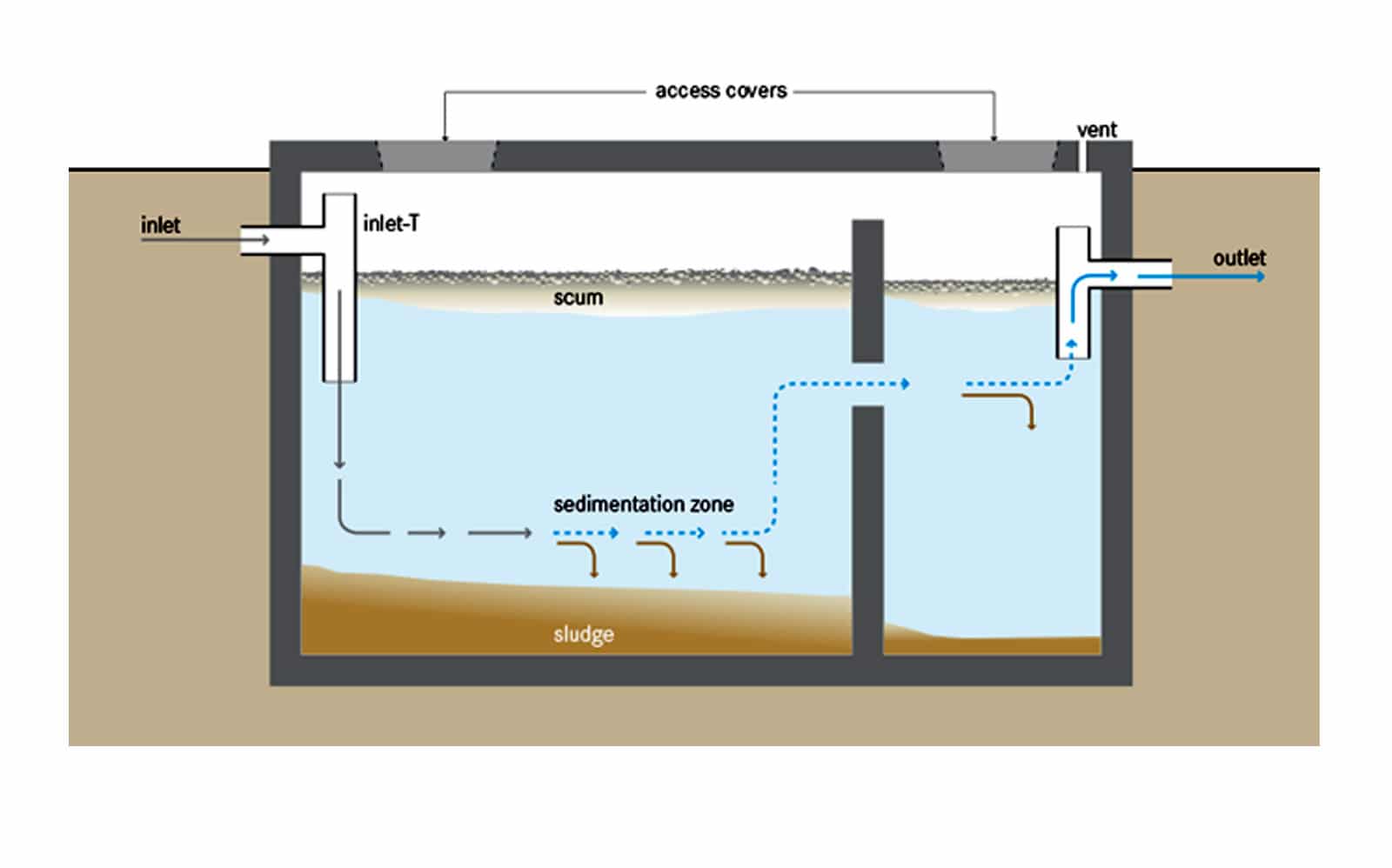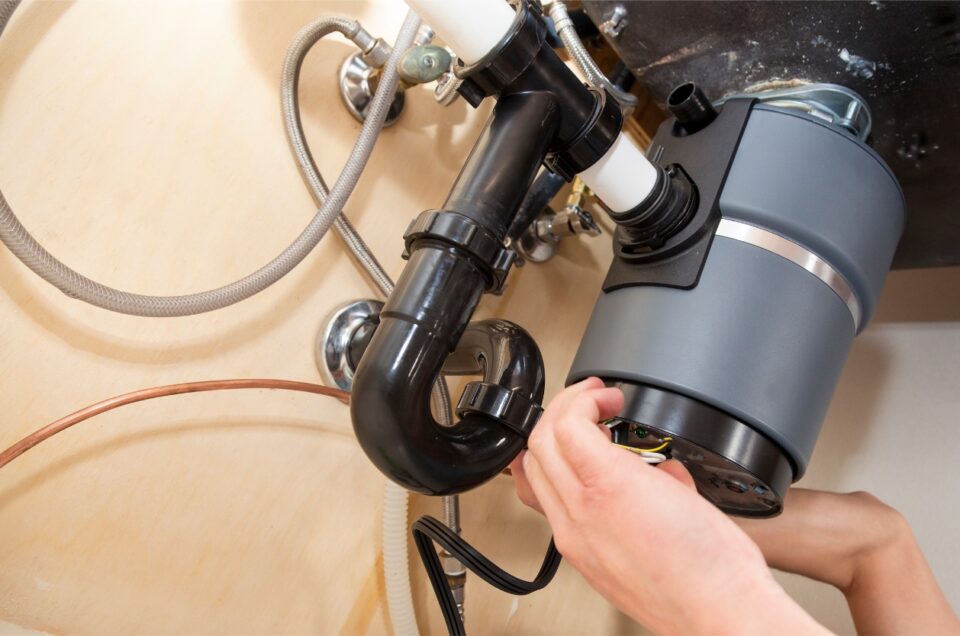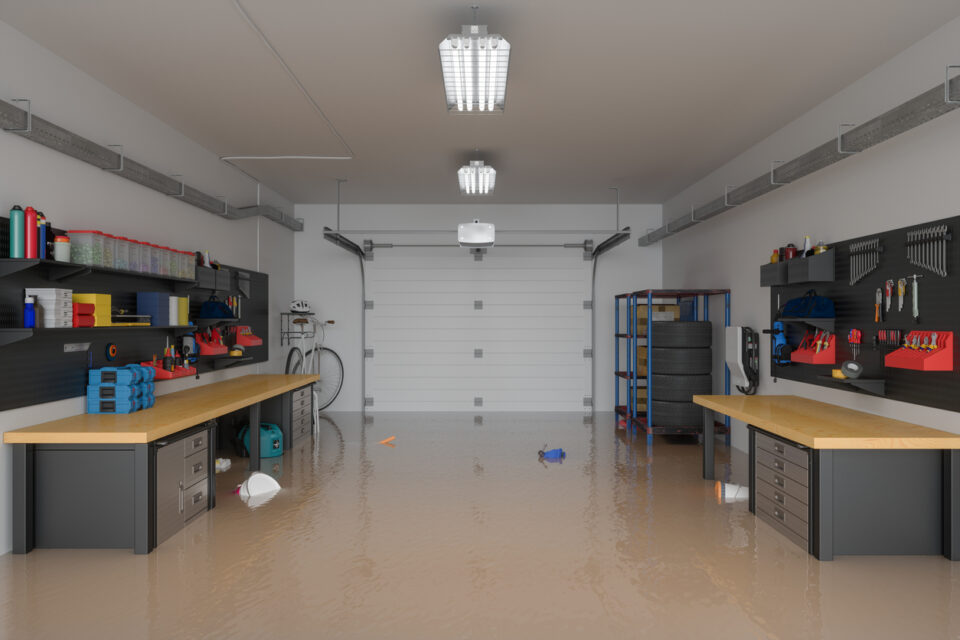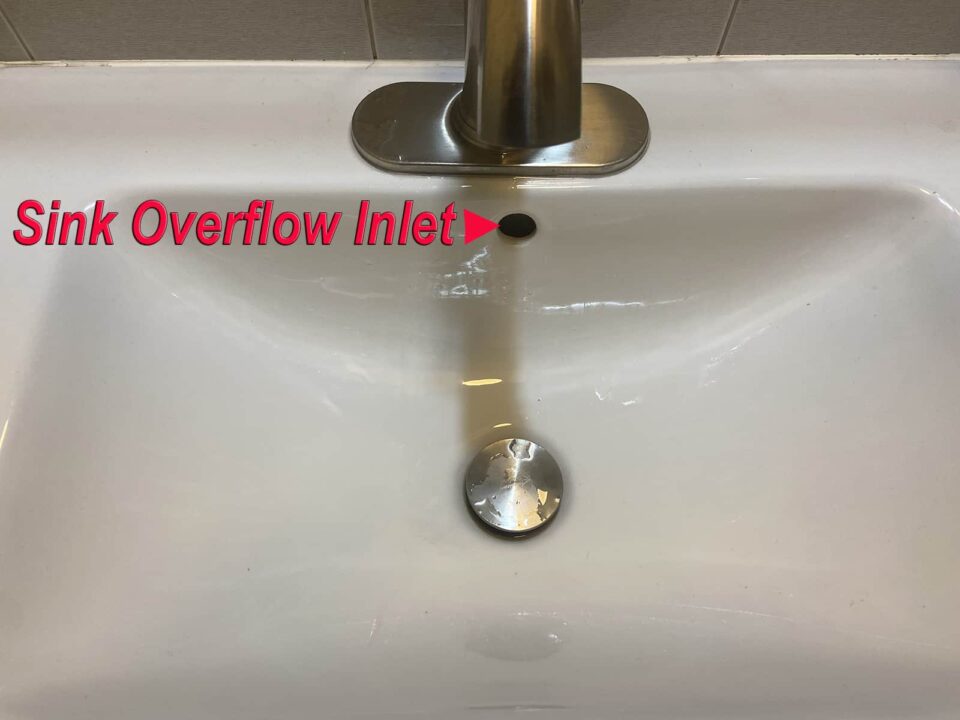Septic tank maintenance may be important to you if you own a home in North Hempstead, or any other community in Nassau County. Clearly the vast majority of people in Nassau County prefer a city sewer connection to a private septic tank. That is evidenced by the fact that over 90% of Nassau County residents are now connected to a public sewer. Once connected to a public sewer, there is a shared-cost advantage. However, some homeowners still utilize a septic system for a lot of different reasons. In rural areas, or residential properties, they may be located far away from a public sewer connection. Or there in fact may be no public sewer to connect to. In these cases you may have no choice but to use a private septic system.
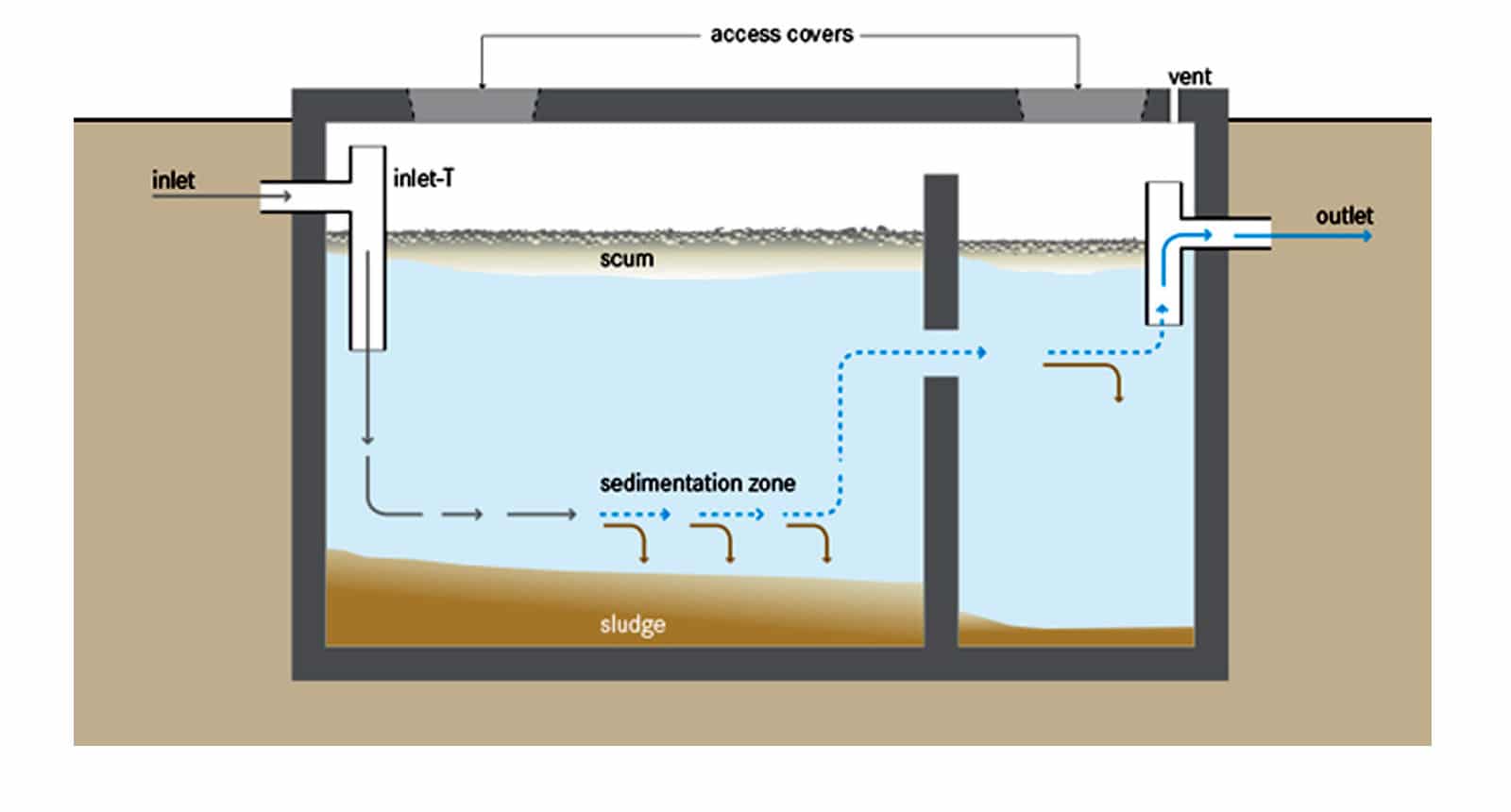
Septic systems are designed to contain and handle both “graywater” (wastewater from sinks, dishwasher, laundry machines, showers, and other water fixtures) and “blackwater” (waste matter from toilets). A professionally designed and built septic system can handle your waste water load, even during the biggest storms. While your town or village is responsible to run and maintain public sewer facilities, you as a homeowner must take care of your septic tanks. Therefore, whether you live in the Town of North Hempstead, or anywhere in Nassau County, septic tank maintenance can be quite important for you to do.
Septic Tank Maintenance: What to do and who is responsible
If your plumbing is connected to a city sewer, any problem with the facility or the pipe itself is repaired by the government. Anytime issues arise, you simply report it to the related department. The town or village will then have the issues sorted out and fixed. The cost for sewer repairs and maintenance is taken from your taxpayer money. You don’t have such luxury with a private septic system. The good thing is that a well-constructed septic tank itself can last forever.
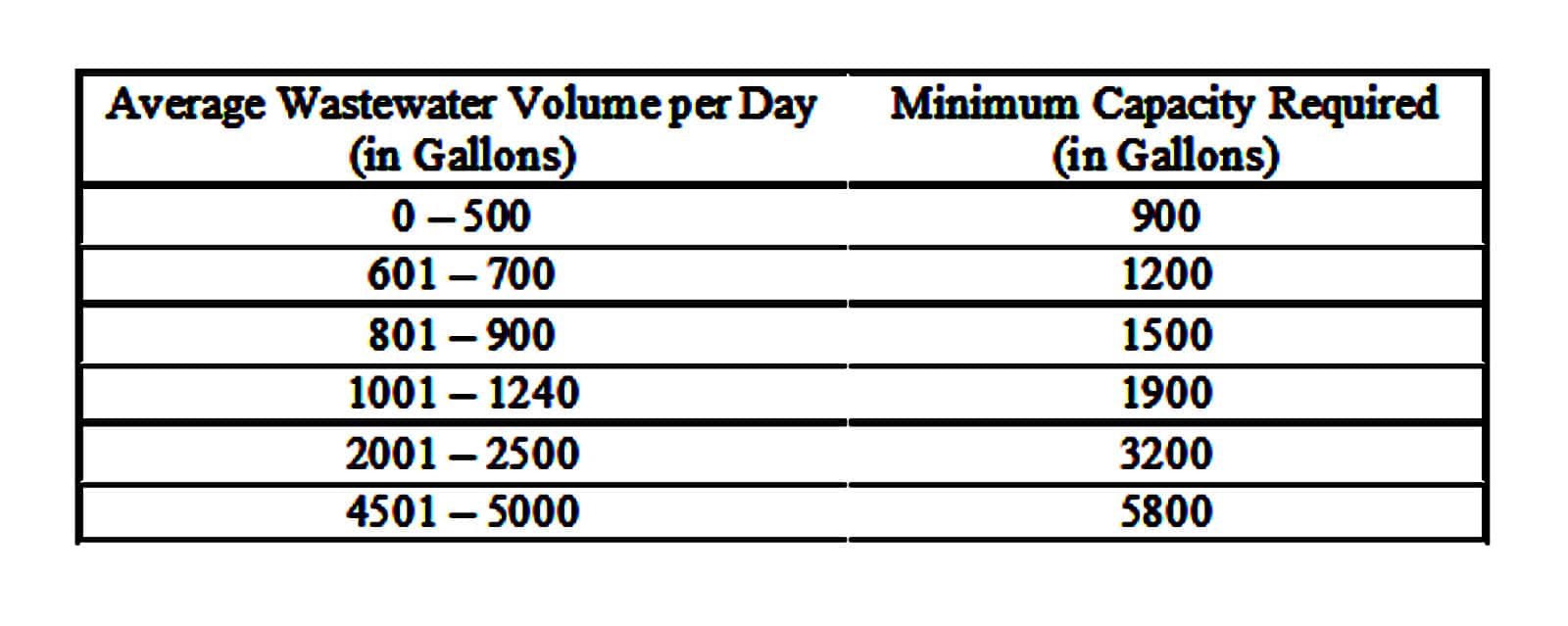
Essentially, a septic system is a private waste water treatment plant. It is engineered to take advantage of natural water treatment mechanisms through soil. It functions as long as you have adequate unsaturated soil below and around the treatment area. Your septic tank can be as effective (if not better) than city-run sewer facility. That said, septic tank maintenance is vital for all of the above to hold true.
The particulars of septic tank maintenance
Septic tank maintenance can be minimal, but not completely free. Important to state up front, never work on your own septic system; it can be anything form dangerous to fatal. That said, an improperly maintained septic tank can cause a major nuisance for the surrounding environment. Contamination in both surface and groundwater is a real risk to public health, and the environment. Contamination happens when the natural filtration mechanism cannot function to its full potential. This can be due to the lack of maintenance on a homeowners part, such as using more water than the system was designed to handle. Too much water, and depositing excessive materials, overburdens bacteria in the tank. Then waste is not properly decomposed.
Help unburden the load on your septic system in 4 easy steps:
1. Install aerators on every sink, shower and bathtub outlet to lower water usage.
2. Install low flush toilets to reduce water usage.
3. Fix all drips, leaks, and running toilets.
4. Select the proper washing machine load for what you placed in the machine. Avoid spending a day doing multiple loads. Both of these tips can avoid overburdening your septic system.
Once again, you are relying on natural decomposition and filtration. However, you must remember that it does not take much to upset the biological balance in a septic tank. Be mindful about what you put into the septic system and follow some simple maintenance rules.
The 6 guidelines to proper septic tank maintenance and care
1. Fat, oil, and grease, are the enemies of your septic tank. All of these items can coat and clog the walls of your septic tank. This prevents water from leaching into the surrounding ground, and the tank from functioning properly.
2. Flush out everything in the tank regularly. The rule of thumb is to have the tank inspected once every three years. Your tanks should be pumped every 3 to 5 years. However, you can always do that more frequently if you wish, due to the relative low cost. Once in a year, for example, to be on the safe side. More frequent cleaning means less chance of clogging. Always use a licensed septic tank service.
3. Conserve water. Discharging too much water can cause a nasty backflow from the toilet. There is no clear limitation on how many gallons to use per day. You should be fine as long as you don’t use water unnecessarily. If you have had septic tank backup experiences, consider using portable toilets if you plan a large house party. Modern portable toilets are a preferable alternative to a nasty septic tank backup.
4. Keep chemicals usage down to a minimum. The biological balance in your septic system is more delicate than you may think. Cleaning solutions, oils, and chemicals of any sort can disrupt the balance quickly and it would take a long time to restore that.
5. If you have a leach field, replace it every 15 or 20 years. It a fairly costly job, but the expense pays for itself over time. New soil in the drain field ensures you have a optimal natural filtration system to prevent contamination. Leaching fields are more prevalent in areas with a high water table.
6. Keep accurate maintenance records and store them in a safe place for future reference.
A word of caution concerning septic tank maintenance
Working on a septic tank can be dangerous, unhealthy, and full of injury risks. It takes a lot of heavy duty equipment to replace the leach field as it requires excavation, and most likely pipe replacements too. Only hire reputable plumbers equipped with professional tools for the job to keep everything and everyone safe.
More importantly, your septic system contains a variety of gases. Exposure to some of these gases can be fatal, and give no warning. Some of the gases contained in a septic tank:
- Methane, which can be extremely toxic in high concentrations.
- Hydrogen Sulphide
- Ammonia
- Carbon-dioxide
- Nitrogen dioxide
- Sulphur dioxide
- Carbon monoxide.
Only licensed and experienced professionals should work on a septic tank. Standard gear should include a proper breathing apparatus, a gas detector. Needless to say, an OSHA approved ladder, and safety harness, are also required items. To put in bluntly, never work on your own septic system. Seemingly every year there are fatalities from people failing to heed this warning. If you require further expert advice, or sewer service, contact the Balkan Drain Team, your local experts.


